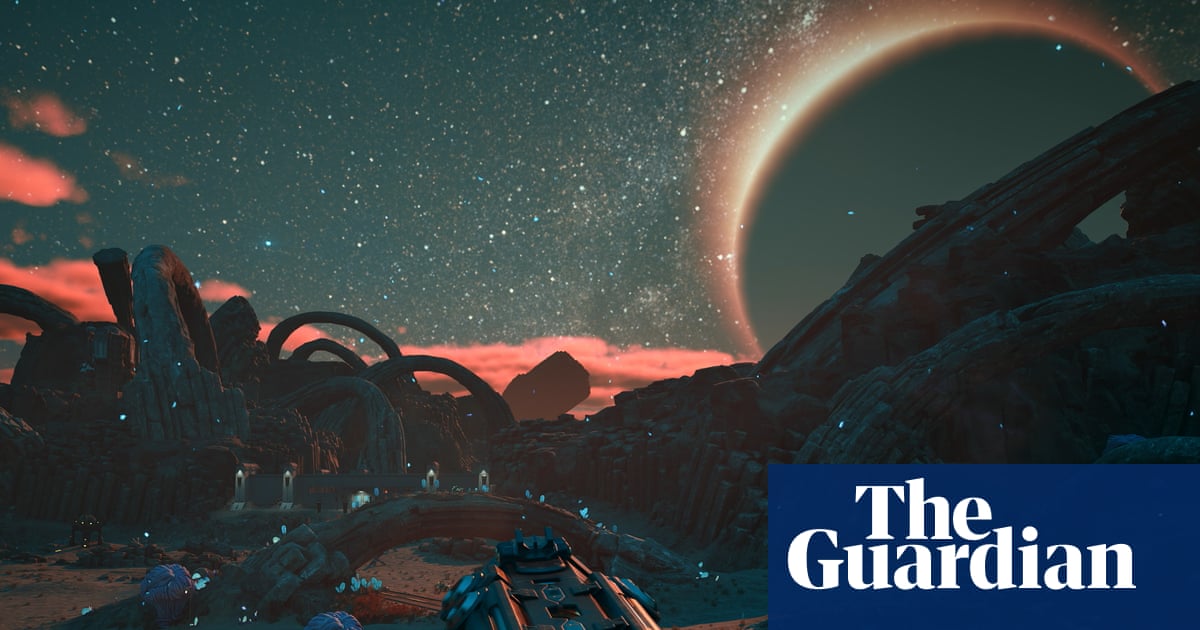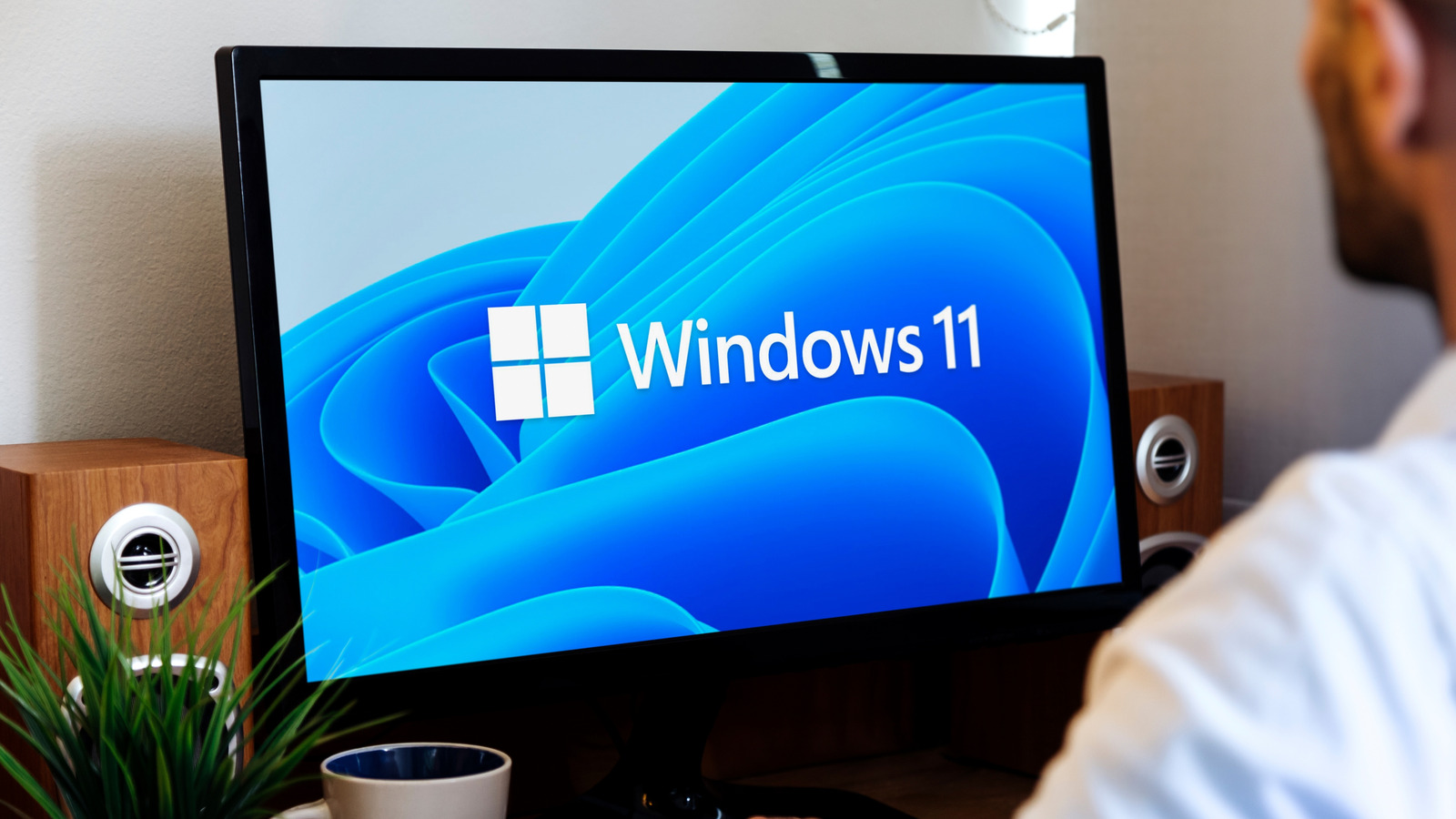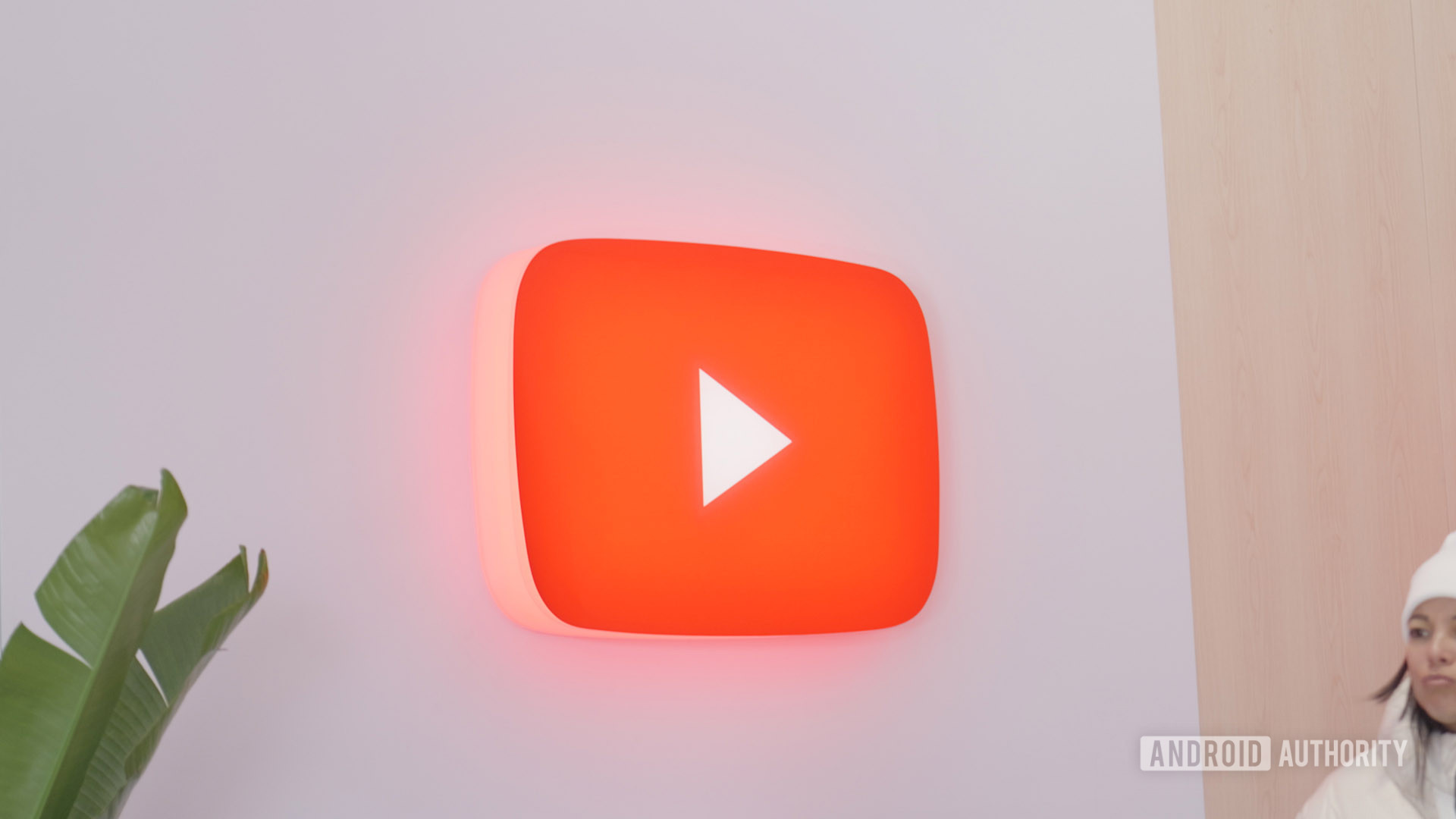It was an exciting November for the Diamond household: one of those rare games that we all loved had a sequel coming out! The original Outer Worlds dazzled our eyeballs with its art nouveau palette and charmed our ears with witty dialogue, sucking us into a classic mystery-unravelling story in one of my favourite “little man versus evil corporate overlords” worlds since Deus Ex. It didn’t have the most original combat, but that didn’t matter: it was obviously a labour of love from a team totally invested in the telling of this tale, and we all fell under its spell.
Well, when I say all of us, I mean myself and the three kids. My wife did not play The Outer Worlds, because none of those worlds featured Crash Bandicoot. But the rest of us dug it, and the kids particularly enjoyed that I flounced away from the final boss battle after half a day of trying, declaring that I had pretty much completed the game and that was good enough for a dad with other things to do.
My son completed The Outer Worlds 2 first. “How was it?” I asked.
“You are going to hate it,” he replied.
What? How dare he have the arrogance to predict my gaming tastes! If it wasn’t for me, none of these urchins would have played a video game in the first place. It’s bad enough that they destroy me at Mario Kart. Now they’re robbing me of potential gaming joy. I was now determined to enjoy The Outer Worlds 2 just to prove him wrong.
Reader: I did not enjoy it.
While the combat is top notch, the character skill trees sophisticated, and the speed and smoothness (on the Xbox Series X version) unmatched (especially when rushing away from combat as an ageing gamer is wont to do), the story is awful.
The first hour of play hits you with so much tedious factional politics it makes the opening crawl of The Phantom Menace look like Serious Sam. Most of the dialogue is people moaning about their bosses or their charges. Everything is broken. People are starving and miserable, bereft of doctors and medical supplies. It’s basically 2025 but in space, expressed in words so clunky and boring that it feels like reading through LinkedIn comments.
“I was right, wasn’t I?” said my son smugly, when I gave up after 20 hours, on the third planet I visited.
“How can you tell?”
“I haven’t heard you curse at a game this much since you played online Fifa.”
“How did they get it so wrong, son?” I asked.
“There’s no real heart and soul in the game. They just phoned in the story.”
Then we talked. At length. About role-playing games in general; what works and what doesn’t; what makes some great and others tedious. And we agreed that RPGs require a storyteller’s commitment to make it believable. This genre has its roots in Dungeons & Dragons, which in essence is just people sitting in a basement conjuring up great stories. If the Dungeon Master is no good, it’s just a number-crunching, dice-rolling slog but, with a storyteller in charge, it is magic. World building is crucial, too: the lush highlands of Skyrim, the dark conspiracy-poisoned streets of Deus Ex, the techno-magical dystopia of Gaia in Final Fantasy VII.
And, like tabletop D&D, the graphics don’t really matter. Decades ago, I spent a brilliant month inside the batshit crazy apocalyptic demonic faith-fest that is Shin Megami Tensei, and that whole world was conjured from tiny pixels on the screen of a Game Boy Advance.
That world must have characters you care about. My weak bladder and inconvenient need for sleep were the only things that ever dragged me away from the inhabitants of The Witcher 3. But I couldn’t care less about any of the characters in The Outer Worlds 2; I felt I had seen them all before. Throw in the needlessly dense, grey dialogue and I couldn’t stay focused on the game for longer than five minutes outside battles.
In a real world where we have less control than ever, when “truth” is just what the richest liar purports and fairness has been eradicated, it’s increasingly difficult to win in life by working hard. That is what makes the genuine meritocracy of role-playing games so appealing to me. In all video games, if you have skill (or develop it), then you can progress. But in RPGs, even if you weren’t born with talent, you can work hard, grind up levels, and get more skills that lead to more rewards. In contrast to a horrible world that has 3,000 billionaires and yet still leaves most of its inhabitants living in poverty, RPGs are a model of what a just world would be like – with added armour and shields, and hopefully fast travel points.
The Outer Worlds 2 was a disappointment for me, but instead of escaping into an immersive RPG as I had hoped, I instead escaped into a glorious chat with my son about them. Again, I realised how much games have given our lives, and how they’ve deepened our relationship with each other. And I realised that sometimes a game’s terrible dialogue can spark a fascinating one in the real world.









